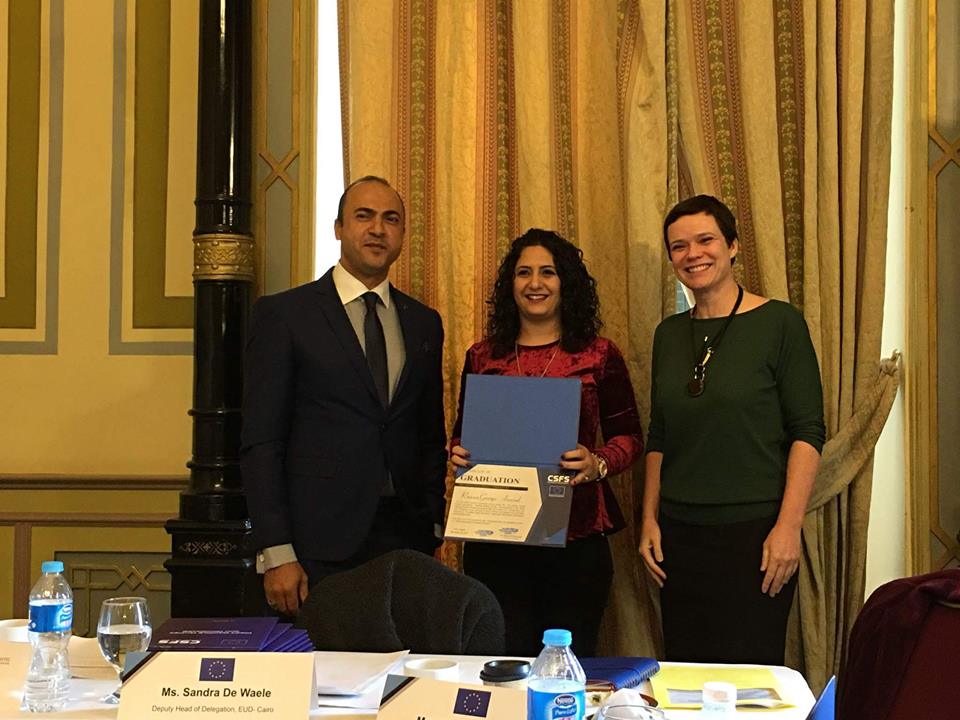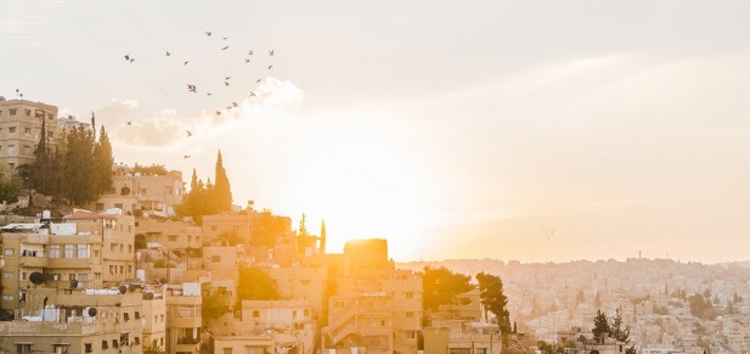MED-InA: 2,049 households in Irbid, Jordan, involved in Zero Waste efforts

Within the MED-InA project, a team of 13 volunteers conducted a door-to-door campaign in Irbid, Jordan, to identify citizens preference with regard to waste collection and sorting systems.
Trained by the municipal team, the volunteers went door-to-door to enrol 2,049 households (surpassing the 2,000 target) in the Al-Rabyeh neighbourhood. They used a questionnaire to define current behaviours regarding waste production and disposal, and identify how they can change positively.
Respondents are given 3 easy actions to take every day to save waste and energy, for example walking short trips instead of using cars, using large bottles instead of small ones, and/or replace classic lightbulbs with LEDs. After 6 weeks the coaching phase starts, with individual interviews by telephone, to keep up with their progress and readapt their challenges accordingly, or provide them with additional steps they can take for the next period of 6 weeks, and so on.
“A Mediterannean Integrated Alliance on Waste for cities and citizens” project (MED-InA) is funded by the ENI CBC MED program, which aims to develop and roll out a methodology for a “Zero Waste” public policy adapted to Mediterranean cities as an exemplary and participatory approach for waste reduction, reuse and recycling.
For more information



























 Syria
Syria 



